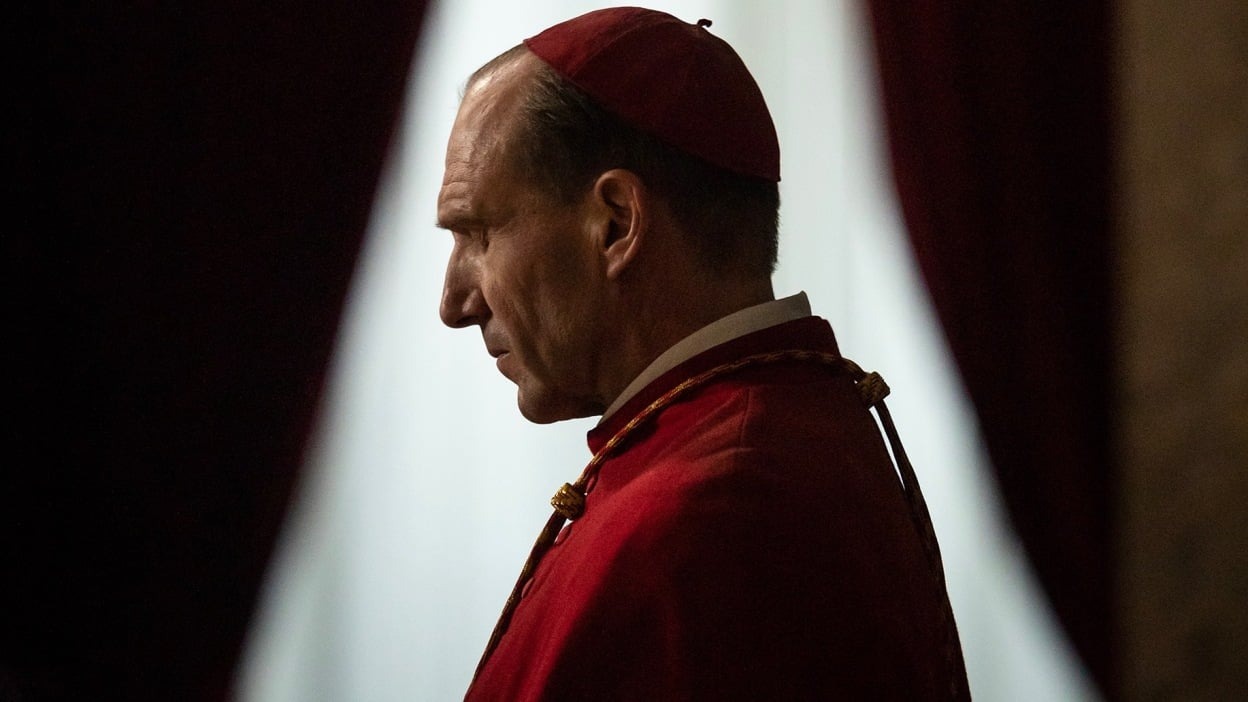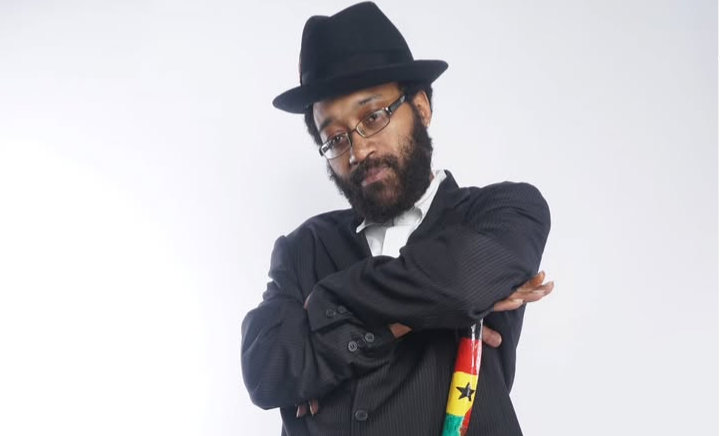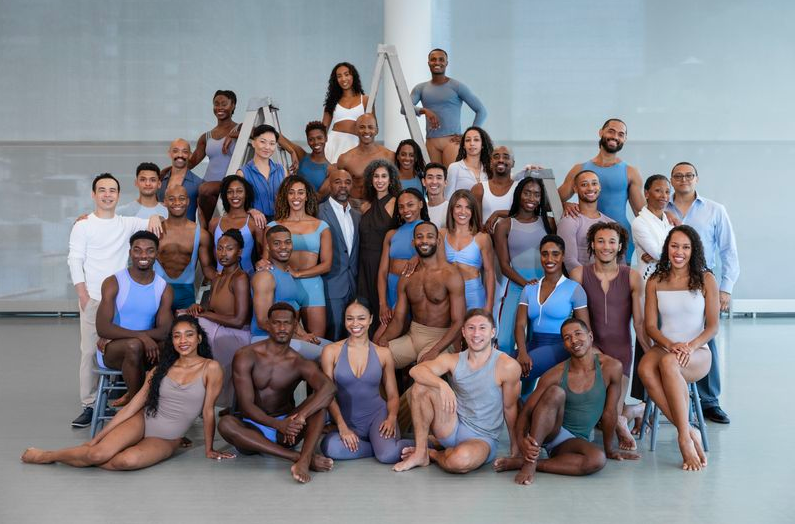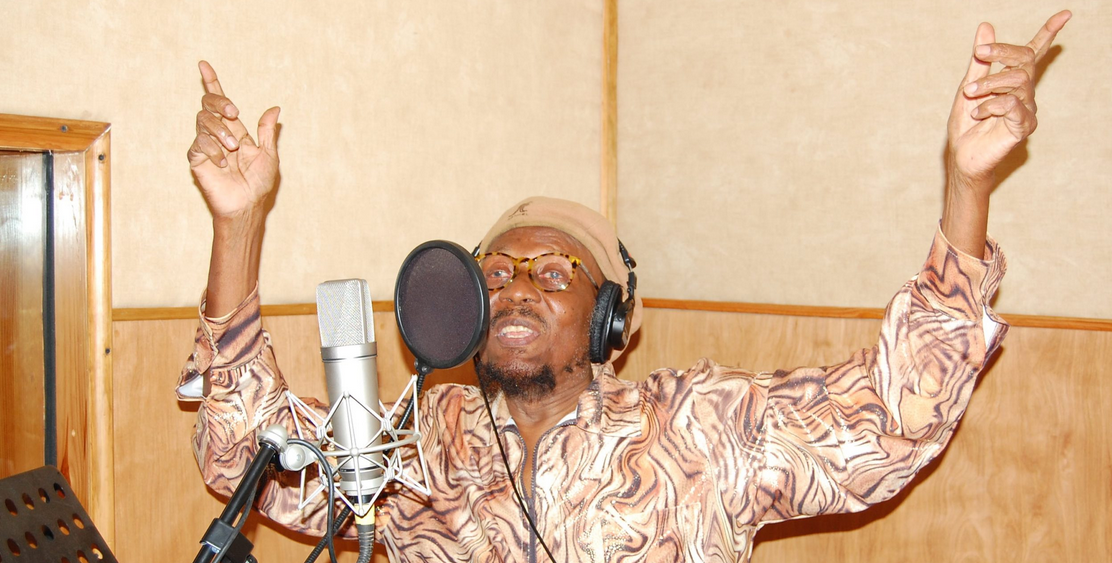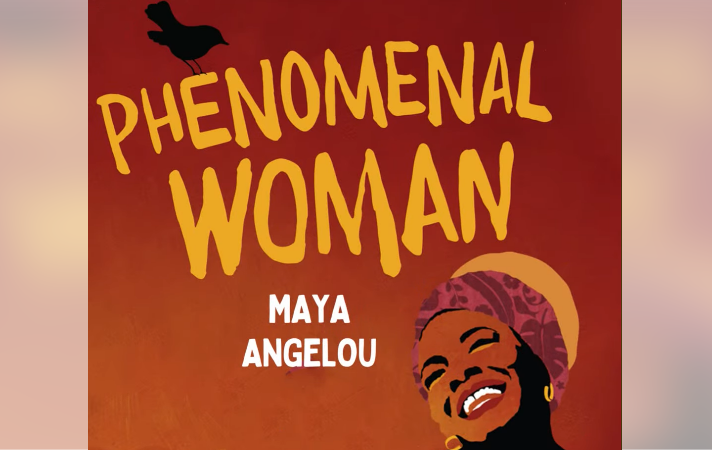Ralph Fiennes gives one of the most remarkable performances of the year in Conclave, Edward Berger’s gripping adaptation of Robert Harris’s bestselling novel, set within the Vatican and moving behind the locked doors of a papal conclave world of rituals, power struggle, and simmering tension.
He plays Cardinal Lawrence, the Dean of the College of Cardinals. Suddenly bereft of his papal overlord, Lawrence has to conduct the election of a new pope. His is a lesson in control: he is a man laden with responsibility and inner turmoil.
A Performance of Depth and Restraint
Fiennes does not depend on some big dramatic gesture or in-your-face emotional outlay. His pain and fear are inscribed in subtle postures—a bent back, an involuntary flicker of his lips. So, internalized conflict is thus pulled into the world. He makes them witness everything and not just view it, almost making them feel as desperate as he is.
It’s matched to perfection by the elegant direction of Edward Berger. Berger, who made waves with All Quiet on the Western Front, is trading muddy battlefields for the opulence of the Vatican. But his ability to get tension across remains unmatched.
Also read: Superman & Lois Season 4 Episode 10 Ending Explained: High-Stakes Drama and Shocking Twists
Visual storytelling at its best
The cinematic imagery has been highly stylized, and the visual symmetry underlines the conclave’s stiff tradition and suffocating atmosphere. One of the showstoppers captures cardinals huddled under white umbrellas in the rain, evoking an ethereal host of grounded angels. Such visuals strengthen the narrative and make some wry comments on the spectacle of power.
Cinematographer Stéphane Fontaine captures everything, gla: glances, silences, betrayals. Each frame deepens the story, especially the ones featuring Fiennes. The camera is often shot from above, thus sizing what presses down upon Cardinal Lawrence; his burden becomes nearly tangible.
Power, Politics, and Intrigue
Even as steeped in Catholic traditions, Conclave echoes beyond the sacred precincts. The back rooms at the Vatican might just as easily be found in a political campaign or a corporate boardroom. Power plays, betrayal, and machinations at work resonate with all.
Sergio Castellitto plays the conservative Cardinal Tedesco, whose sly vaping punctuates moments of high tension. Isabella Rossellini steals scenes as Sister Agnes, dishing out sarcasm that is “the most passive-aggressive curtsey in cinema history.” Brian F. O’Byrne, as Monsignor O’Malley, conveys volumes with his fraught pauses and hesitant revelations.
A Feast for the Senses
Berger heightens tension through sound. Every step, every hard breath for Cardinal Lawrence, is one with a great score from the movie. Composer Volker Bertelmann is reunited with Berger from All Quiet on the Western Front to produce a hauntingly poignant score that underpins it all.
Though heavy with themes, Conclave does find levity and wit. There is a richness in the tapestry of human emotion and conflict as tradition interplays with ambition, faith with doubt.
Also read: Yellowstone Season 5 Episode 12: A Review of Death and Drama
Conclusion: A Must-Watch Thriller
Much more than a story of electing a pope, Conclave is a tale of human weakness, ambition, and resilience brought alive by an extraordinary ensemble cast and Berger’s meticulous direction. His performance as Cardinal Lawrence anchors the film, and one can’t help but want to linger long after the credits roll.
Whatever one’s reason, be it intrigue, performances, or wonderful vistas, Conclave is not a film to be avoided; Fiennes’ performance, alone, makes it watchable.
